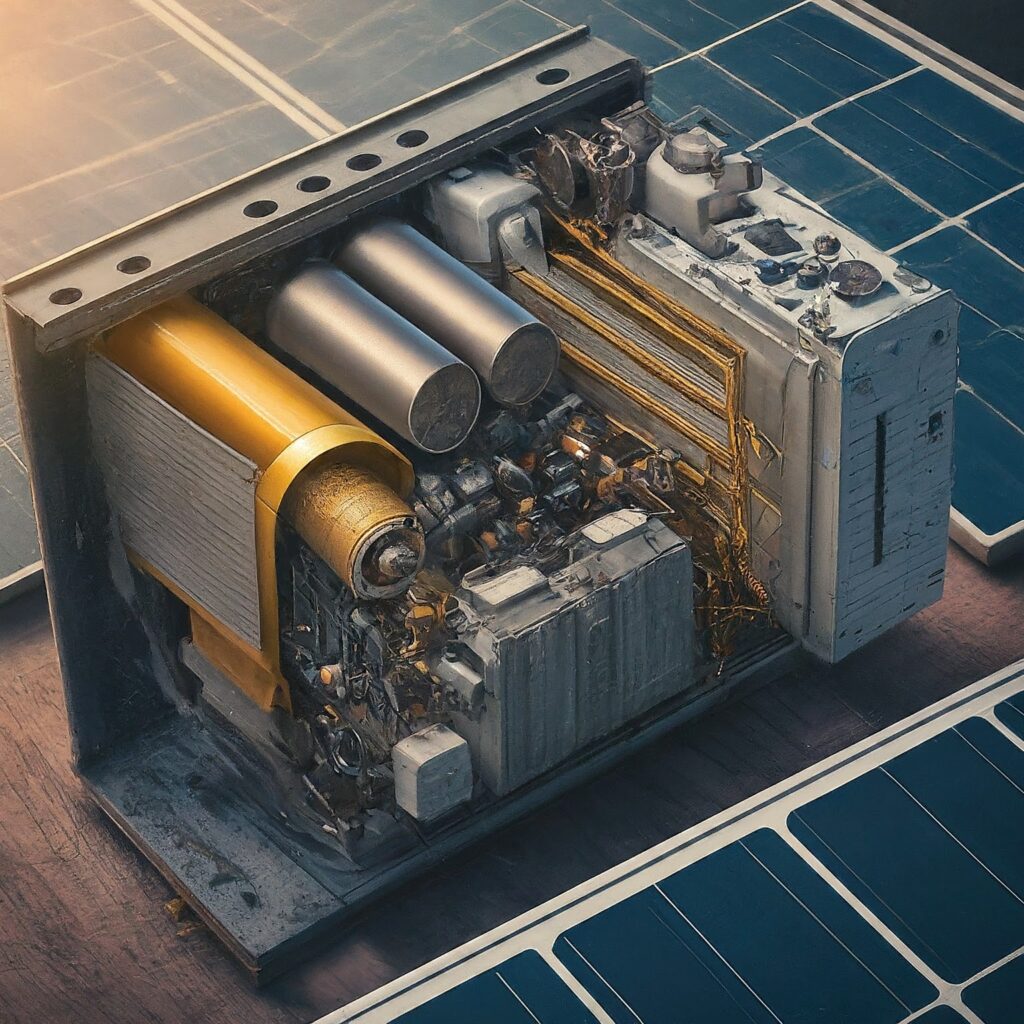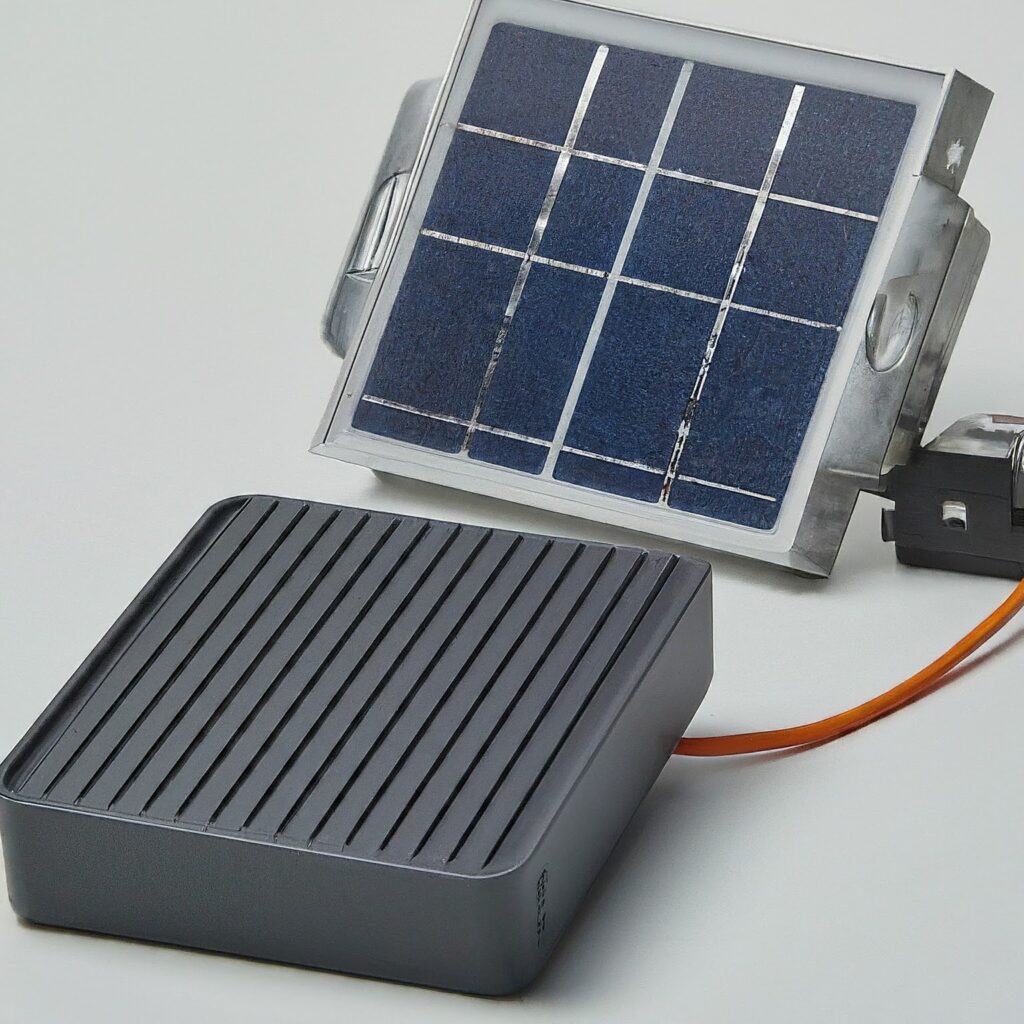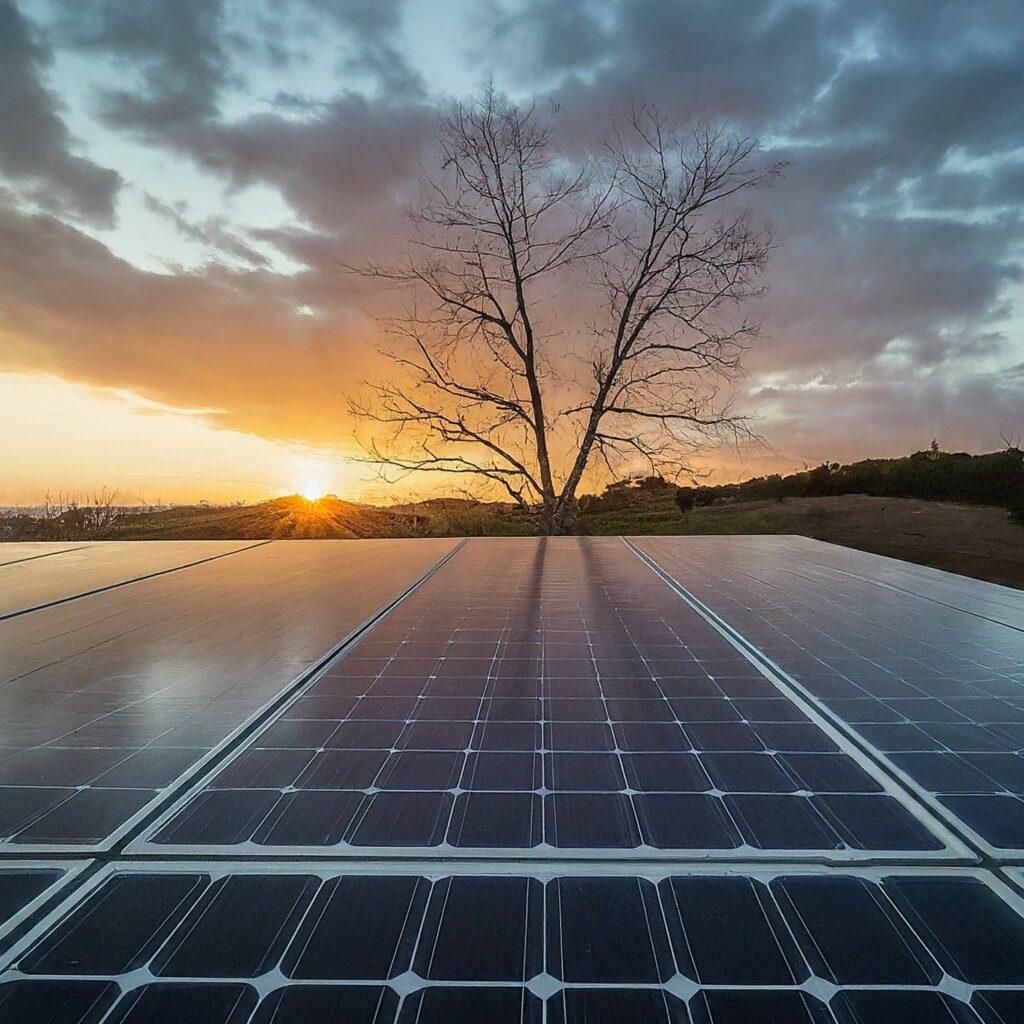At Cuthill Electrical Contractors, we’re passionate about helping homeowners unlock the power of solar energy.
One of the key decisions you’ll face when designing your solar panel system is choosing the right inverter. Inverters are the workhorses that convert the direct current (DC) electricity produced by your solar panels into usable alternating current (AC) electricity that powers your home. But with two main inverter options micro-inverters and string inverters – selecting the best fit can feel overwhelming.
This guide from Cuthill Electrical Contractors breaks down the key differences between micro-inverters and string inverters in easy-to-understand terms.
By the end, you’ll be well-equipped to choose the inverter solution that best suits your needs and maximises your solar power potential.
String Inverters: The Traditional Powerhouse
Think of a string of Christmas lights. When one bulb goes out, the entire string loses power. String inverters operate similarly. Multiple solar panels are wired together in series, meaning the DC electricity produced by each panel flows through a single string inverter. This central inverter then converts the combined DC current into AC electricity that feeds your home.
Pros of String Inverters:
- Budget-Friendly: String inverters are typically the more affordable option due to their simpler design with fewer components.
- Quick Installation: Installation is generally faster and easier with string inverters since there’s just one central unit to manage.
- Suitable for Simple Rooftops: If your roof has a uniform pitch and receives consistent sunlight throughout the day, a string inverter might be a perfect choice.

Cons of String Inverters:
- Single Point of Failure: If the string inverter malfunctions, your entire solar system goes down.
- Shading Issues: Partial shading on just one panel in a string can significantly reduce the output of the entire string.
- Limited Monitoring: Diagnosing which individual panel might be underperforming can be difficult with a string inverter system.
Microinverters: Powering Each Panel Independently
Microinverters are like tiny superheroes for your solar panels. These compact units are mounted directly behind each panel, converting the DC electricity produced by that specific panel into AC electricity on the spot.
Pros of Micro-inverters:
- Maximised Production: Shading on one panel won’t affect the performance of other panels with microinverters. Each panel operates independently, ensuring maximum energy production from your entire system, regardless of shading variations.
- Enhanced Monitoring: Microinverters provide detailed performance data for each individual panel. This allows you to identify and address any performance issues quickly and efficiently.

- Increased Reliability: If a microinverter fails, only the affected panel is impacted. The rest of the system continues to generate clean solar energy for your home.
Cons of Microinverters:
- Higher Upfront Cost: With individual inverters for each panel, microinverters tend to be more expensive than string inverters.
- More Complex Installation: Installing a microinverter system requires more time and labour due to the multiple units involved.
- Potential for More Maintenance: Having more components increases the possibility of needing occasional maintenance on individual microinverters.
Power you Solar future: Choose the Right Inverter
The best inverter solution for your home depends on your specific needs and priorities. Here are some quick pointers to help you navigate the decision:
-
Choose a String Inverter if:
- Your roof has a simple layout with minimal shading.
- Budget is a major consideration, and you’re looking for a cost-effective option.
- A quicker and easier installation process is important.
-
Choose Microinverters if:
- Your roof experiences shading from trees, chimneys, or has uneven angles.
- Maximising energy production and optimising panel performance are top priorities.
- Having individual panel monitoring and performance tracking is valuable to you.
Remember, expert advice is key!
Consulting with a qualified solar installer like Cuthill Electrical Contractors is crucial to determine the best inverter system for your specific situation.
Our experienced team will assess your roof layout, sun exposure, budget, and energy needs to recommend the optimal solution. With the right choice, you can harness the power of the sun and enjoy the benefits of clean, reliable solar energy for years to come!
Contact Cuthill Electrical Contractors today for a free consultation and let us guide you towards a brighter, more sustainable future with solar power!








